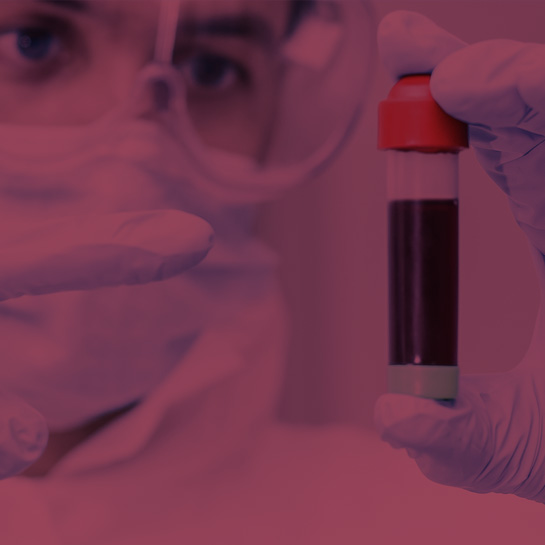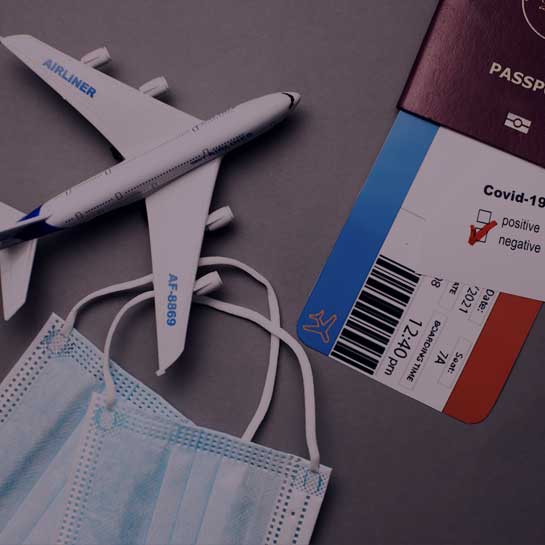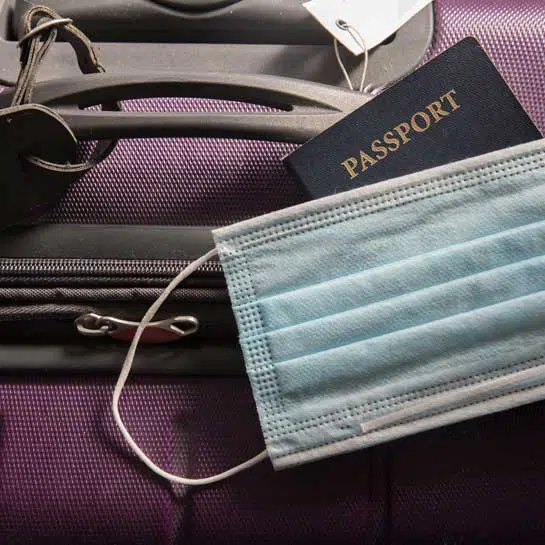Symptoms and Treatment
for the Zika Virus
What is the Zika virus?
The Zika virus is a mosquito-borne virus that is transmitted by a specific type of mosquito, the Aedes species, which bites during the day. The first reported Zika virus in the United States was during 2016 in and around Miami, Florida, and Brownsville, Texas. However, Zika is most often found in Africa, Asia, The Caribbean, Central America, The Pacific Islands, and South America. According to the Centers for Disease Control and Prevention (CDC), although Zika primarily spreads through infected mosquitoes, you can also get the virus through sex. Pregnant women can also spread the virus to their fetuses — and Zika infection during pregnancy can cause severe congenital disabilities in the brain — including a sickness of the nervous system called Guillain-Barré syndrome — miscarriages, stillbirth, or other congenital disabilities.
What are the symptoms of Zika virus?
Most of the time, infected people won’t have any signs or symptoms of the Zika virus. And, if they do, they are usually a very mild fever, rash headache, joint pain, red eyes, or muscle pain. Although symptoms can last several days and weeks, many people won’t need hospitalization and they very rarely die. And according to the CDC, once a person has been infected, they’re likely protected from any future infection.
How does ID Care diagnose Zika virus?
The Zika virus is diagnosed based on your recent travel history, symptoms, and results from blood or urine tests.
How does ID Care treat Zika virus?
Unfortunately, no specific medicine or vaccine exists to cure or prevent the Zika virus. Zika experts recommend getting plenty of rest, drinking fluids to avoid dehydration, and taking acetaminophen to reduce fever and pain if you are infected. If you plan on traveling to a country where Zika is common, talk to an ID Travel Care expert about safety and preventive measures you can take before going on your trip.






